The dangers of online anonymity
Dream, a well-known Minecraft YouTuber with over 31 million subscribers, recently did a face reveal after remaining anonymous throughout his entire online journey.
The face reveal immediately blew up, gaining 42 million views within two weeks. However, the reaction wasn’t exactly positive. Tweets with the hashtags “putthemaskbackon” and “dreamisafreak” circulated the internet. Online users criticized Dream’s facial features, comparing his face to those of various fictional characters such as Shrek.
These reactions show that online anonymity can often be dangerous, as it often leads to viewers making hurtful comments that target the content creator.
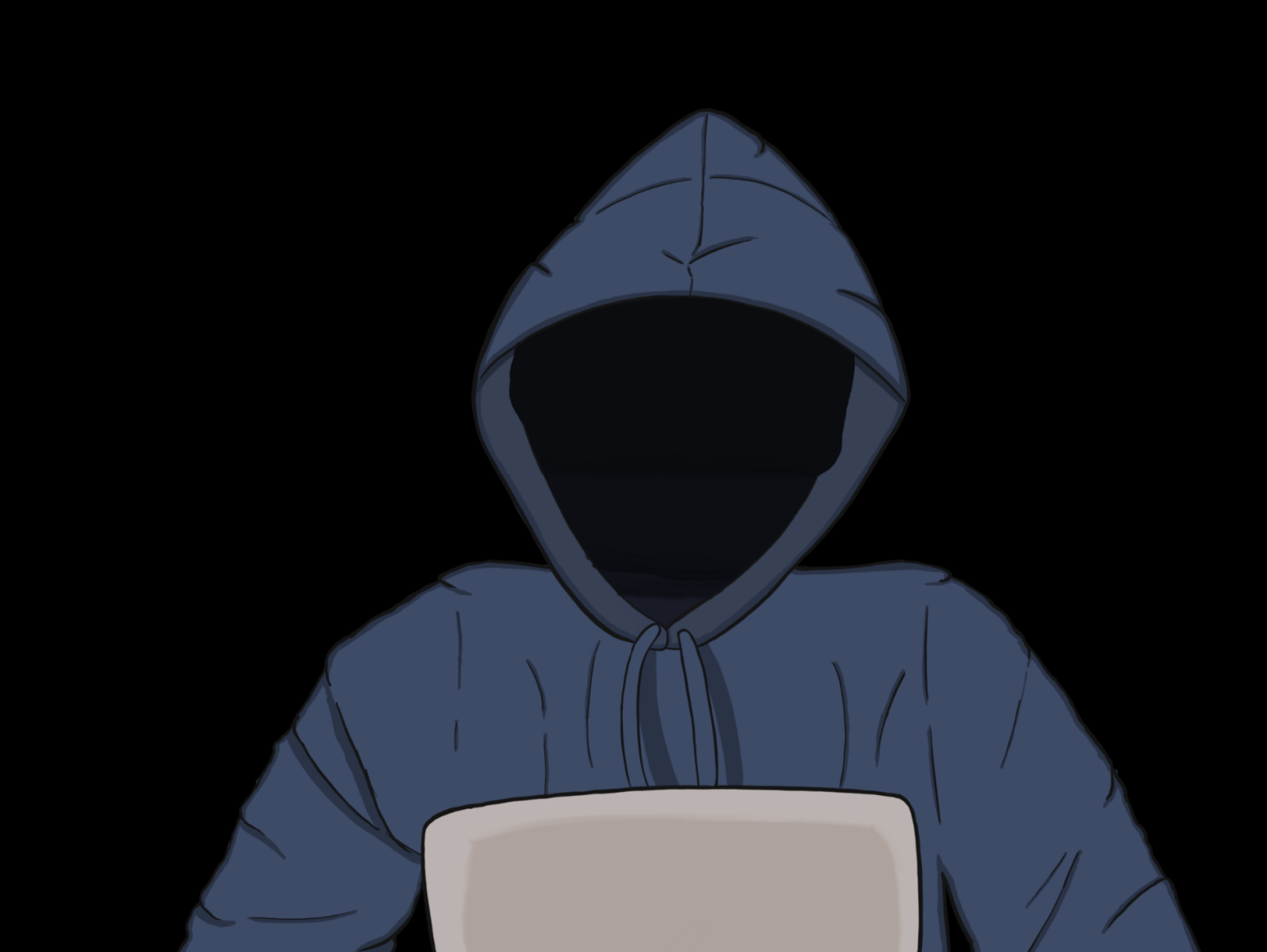
YouTubers and other celebrities are put under a microscope, with online users monitoring their every move. Throughout his entire online journey, Dream has remained anonymous, building up anticipation for a face reveal which caused fans to be extremely invested. With so much expectation, it made it easy for viewers’ hopes to be crushed if they did not see exactly what they hoped for, fueling harsh criticism. A few hate comments eventually turned into thousands, becoming uncontrollable. Additionally, the internet is a judgmental place, attacking nearly all celebrities, which almost guarantees some form of negative response.
Furthermore, Dream’s anonymity builds a wall between him and his viewers, making it easier for people to participate in online hate. According to Pamela B. Rutledge, director of the Media Psychology Research Center, when behind a screen, users feel that their comments aren’t actually seen, evoking a sense of protection and privacy. This makes users forget that they are talking about actual people, further encouraging online hate.
According to the National Library of Medicine, 95% of adolescents are connected to the internet and 38% of adolescent victims reported being emotionally distressed due to internet harassment. These statistics reveal that internet activity is correlated to cyberbullying, which can be associated with severe mental health effects such as depression and anxiety. Anonymity widens the gap between content creators and viewers, further increasing the chances of cyberbullying.
Dream’s face reveal shows that online anonymity and fame can lead to hate, acting as a catalyst for detrimental effects such as worsened mental health. By making people more aware of the impacts of internet hate, it can be better controlled and prevented, making the internet more positive as a whole. If social media platforms were designed to better detect and remove hateful comments, situations like Dream’s could have been avoided.
As a current senior, Evelyn is thrilled to be serving as one of the Editor-in-Chiefs of The Epitaph. During her third year and final year in the publication,...



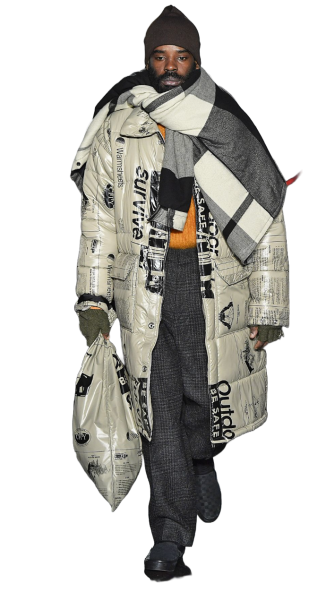
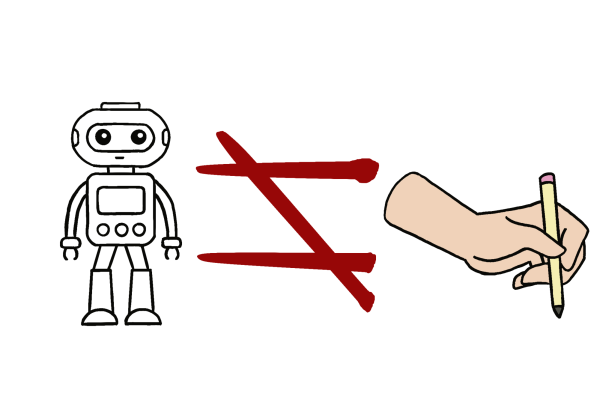


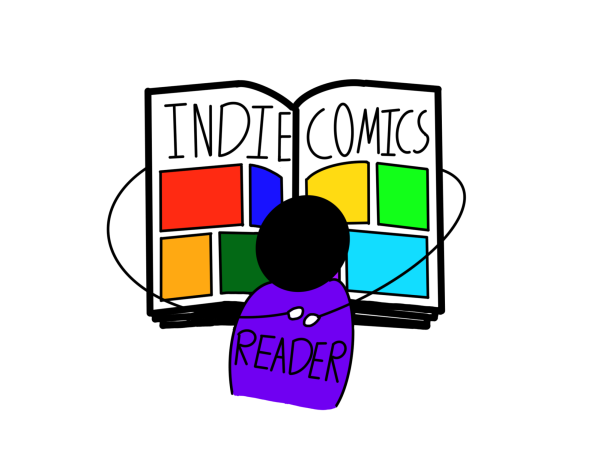

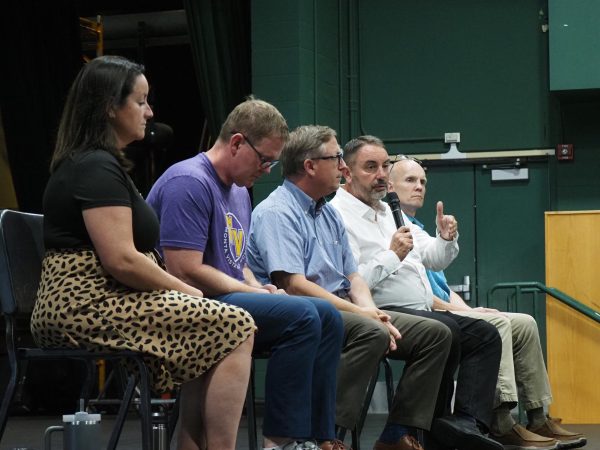



Elizabetta • Oct 7, 2024 at 8:05 am
I don’t like people who are mean and hurtful. people who are mean do not
deserve us